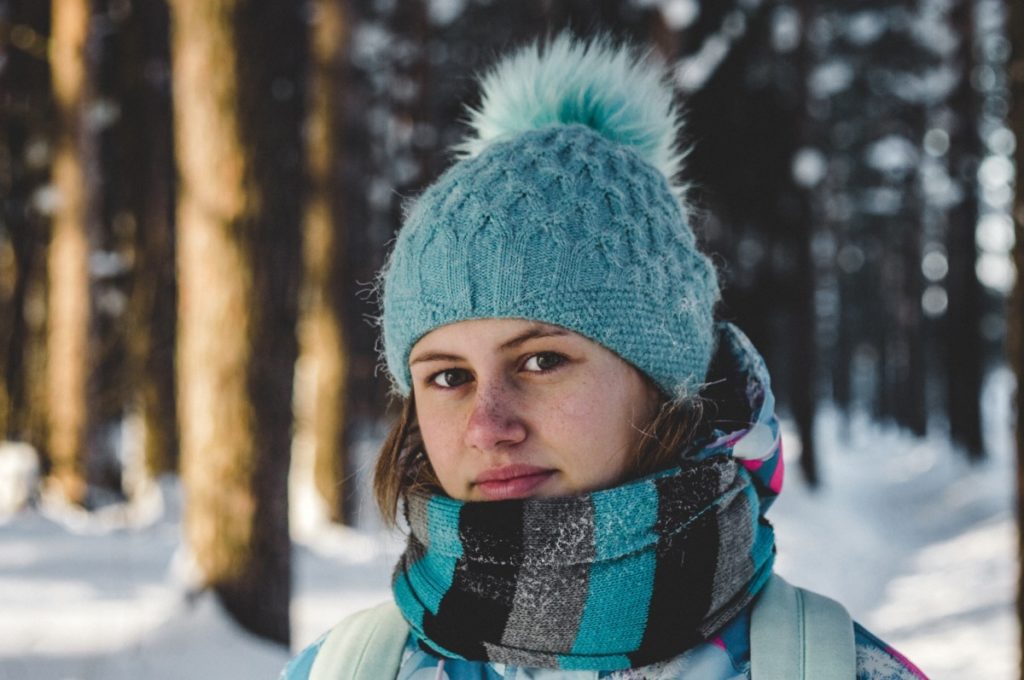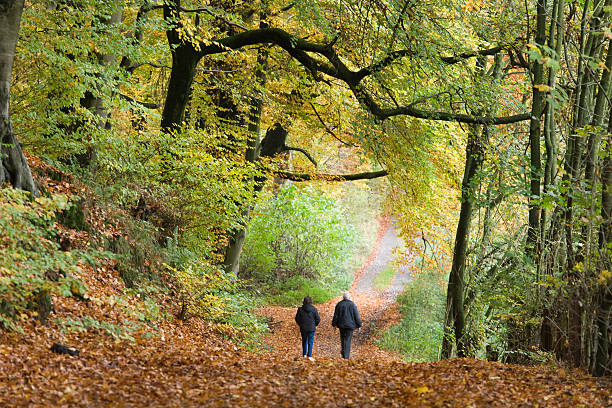Let’s face it, January is often described as the most depressing month of the year. The weather is usually pretty terrible, many of us are running out of money because we overspent at Christmas, and lots of us are choosing to do Dry January or a detox of some sort.
But this year, the January Blues feel that much more depressing. As Omicron spikes and many of us are back to working from home, we’re testing positive and feeling negative. The Office for National Statistics produced a report revealing that around 1 in 5 (21%) adults experienced some form of depression in early 2021; this was an increase since November 2020 (19%) and more than double that observed before the COVID-19 pandemic. The pandemic has undoubtedly affected us all in so many different ways and this extra layer of stress contributes towards our low mood in January this year.
To add to all this we are approaching Blue Monday, which is said to be the most depressing day of the year. At this point, I do want to burst this negative bubble by letting you know that Blue Monday was originally the name given to the third Monday in January by a UK travel company, Sky Travel, and quoted to be the most depressing day of the year. The concept was first published in a 2005 press release from the company, which claimed to have calculated the date using an “equation” – so there you have it – it’s all made-up marketing hype!
If you want to choose a way to forget the blues from time to time, there are many ways and probably one of the best to improve your wellbeing and lift your mental state is physical activity. A research study which tracked the mental wellbeing of 2,000 UK adults, found that those with active lifestyles reported wellbeing scores 25% higher than those doing little or no physical activity. People who increased their rate of physical activity, even if only slightly, reported a significant increase in their wellbeing.
Getting outside is also really important – researchers at King’s College London, landscape architects J & L Gibbons and art foundation Nomad Projects have used smartphone-based technology to assess the relationship between nature in cities and momentary mental wellbeing in real time. They found that (i) being outdoors, seeing trees, hearing birdsong, seeing the sky, and feeling in contact with nature were associated with higher levels of mental wellbeing.
There are other ways of beating the January blues:
- practise deep abdominal breathing
- throw open your windows and let the sunshine in
- give yourself small rewards/treats
- read a book
- connect with people
- play the “Glad Game” by thinking of things that you are grateful for every day
And if none of this is making you feel motivated, then why not just embrace the winter months. Humans cannot actually hibernate, but in the coldest months of the year, many of us are drawn to something similar. We want to batten down the hatches against the weather outside and preserve our energies. Is it such a bad thing – this desire to hibernate until spring? It feels like a natural response to me – just slowing down and embracing a thoughtful mode of being that is profoundly restorative. Katherine May in her novel “Wintering” sums this up beautifully: “The power of rest and retreat in difficult times”.




